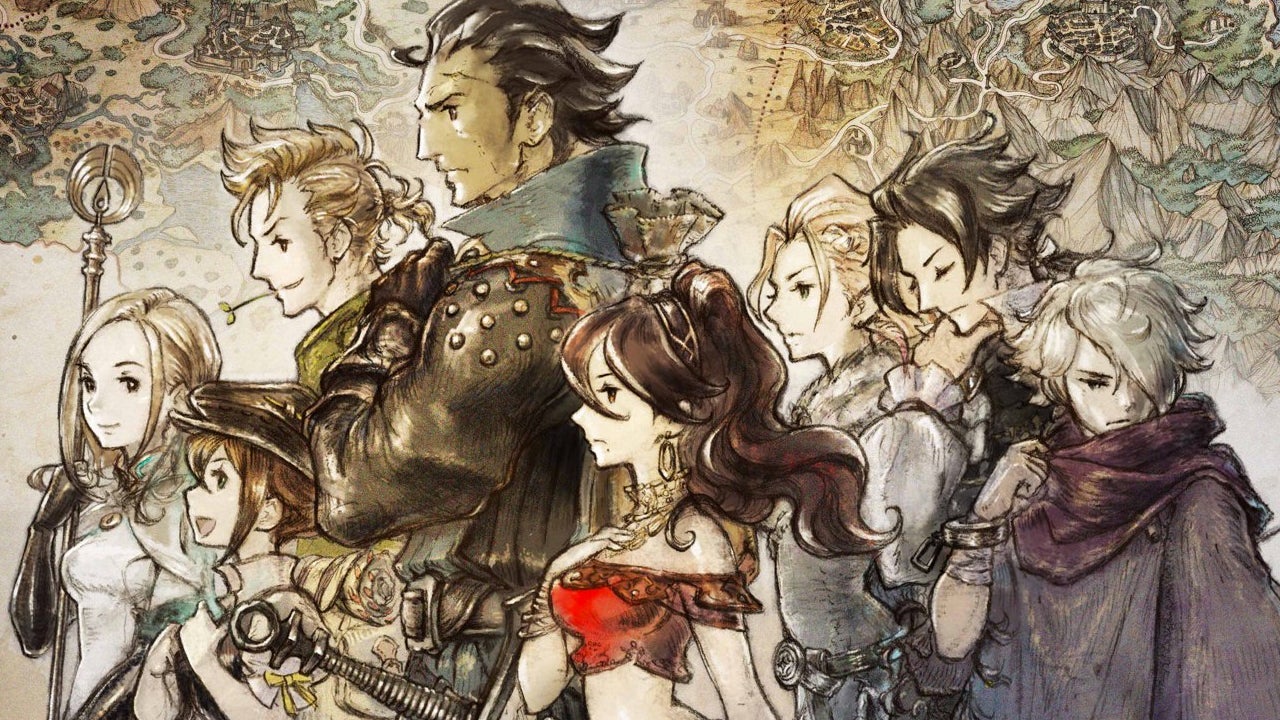It seems like a foregone conclusion that any new reality competition show exists in some “[insert show title here] but with a twist!” zone. To the extent that The Trust: A Game of Greed follows that formula, it’s in the prize pool guaranteed to its 11 competitors: $250,000 to split between them. In the words of series host and former CNN anchor Brooke Baldwin, “You’re here. You’re already winners.”
But that’s the closest The Trust comes to a hook. This new Netflix show takes the DNA of quintessential reality competitions (from Survivor to The Traitors) and lets it merely exist in a slightly altered package. As you’ve probably already guessed, the roster of folks splitting that quarter-million is not designed to be the same one that finishes the eight-episode season. Over the course of roughly a month, the group has the chance to eliminate fellow players, if they so choose. The fewer the actual winners, the bigger share of the spoils.
Introducing those contestants is the first way that The Trust sticks to baseline expectations. They’re each shown above the standard name/age/profession info and a quippy summary of their personality. We’re introduced to the teacher, the business strategist, the rancher, the ex-Marine, the entrepreneur. It’s a choppily edited snap judgment buffet, where on-camera confessionals crowd out the scattered (but far more interesting) get-to-know-you small talk that manages to squeak through into the final product. From there, it’s the familiar peaks and valleys of a free-for-all competition show with stacks of cash on the line. Alliances form based on mutual interests. Tiny misconceptions snowball into elimination-worthy offenses. Backchannels of information between voting blocs become the topic of heated arguments. Attractive people gossip poolside on lounge chairs.
All that scheming and strategizing is prelude to the secret-ballot votes that happen roughly each episode. One by one, on the cliffside of the Caribbean estate where the group is living together, the contestants privately tell Baldwin whether they’d like to preserve the group as is or pick one person for elimination. Any person receiving a majority of the elimination votes gets sent packing. If the rest of The Trust opts to stand pat, one rogue vote suddenly outweighs everyone else’s.
In some ways, The Trust is the perfect distillation of the Netflix strategy: take something familiar, rotate it just enough to reframe it as a different kind of widget, and then bank on the idea that people will talk themselves into enjoying the thing if they stick around long enough. So The Trust succeeds more in the sunk-cost framework of reality TV competitions, even if it slots into the same old rhythms of outwitting, outlasting, etc.
Spend enough TV time with a group of well-cast strangers and you can talk yourself into any competition show becoming an Allegory for Our Times. With The Trust, which is happy to coast on the mere existence of people being wary of each other, it’s easy to go searching for that fresh layer that never materializes. Are some patterns of revenge here reminiscent of the Republican Party’s response to the 2012 election? Is there a larger conversation here about the idea of progressive taxation policy? Sure, why not! Either way, The Trust is further evidence that human beings will build any perceived slight into a barrier to collective happiness.
Without an overriding theme – search for a spouse, prize money in exchange for staying celibate for a few weeks, an exaggerated look at what our social media bubbles are doing to us – The Trust’s contestants just become the willing frogs jumping into the pot of slowly boiling water. With the broad mandate of “decide how many people you want to split the prize with,” the tiniest unintended slip-ups become exponentially more illuminating than any wedged-in confessional.
Baldwin doesn’t have enough to do to help The Trust rise above its cookie-cutter approach – she’s mostly there to collect votes, give updates, and bear bad news. (It’s fun watching the contestants’ changing reaction to her popping up unannounced, going from excitement early on to obvious stress by season’s end.) But you do get the faint glimmer of what a host who’s also a skilled interviewer can add to this type of show. In the make-or-break moments for each round of potential eliminations, you can see how she’s comfortable with her scripted role and also savvy at identifying where to back off and let her “interview subject” say more about themselves than they might have intended.
There’s also something to be said for how simple each new complication is. There aren’t many convoluted rule changes. The closest The Trust comes to a genuine curveball is a collection of leather-bound folders – each embossed with the words "THE OFFER" – presented to contestants as a temptation to put self over the whole unit. The “twists” that come in the wake of those decisions are mainly burn-book-level baiting, making someone have to fess up to uncomfortable truths in front of people with competing interests. Whether or not the producers are manipulating that perception, The Trust is presented as a gradual battle between the people who went into this show wanting the whole group to succeed and those who were set on eliminating the competition from the start.
Even though it doesn’t necessarily feel like time with this group is wasted, certain details begin to feel obligatory as the episode count increases: Would you be surprised to learn that a half-hearted romantic subplot eventually emerges? The lead-up to the season’s biggest moments make this feel like TV designed to be consumed and never really questioned. Various contestants may be more than meets the eye, but that’s rarely true for The Trust itself.







